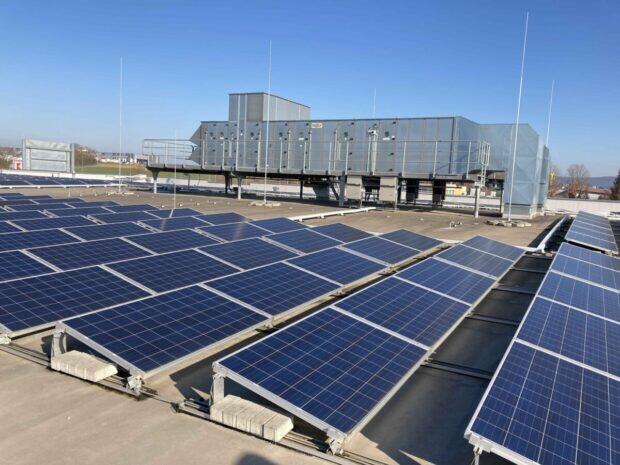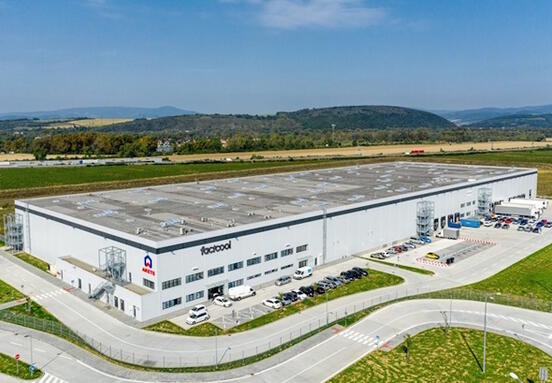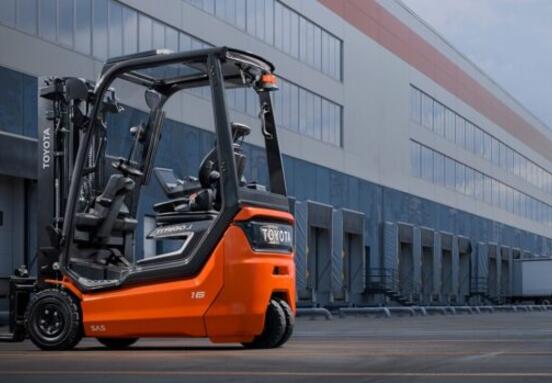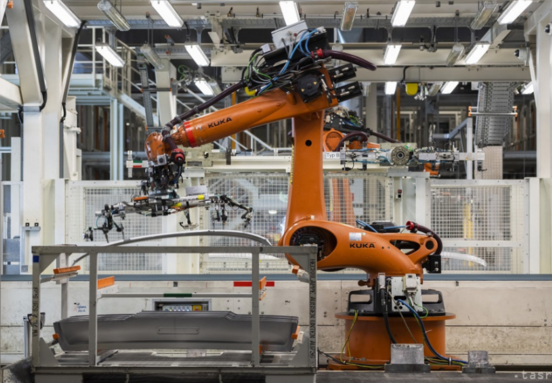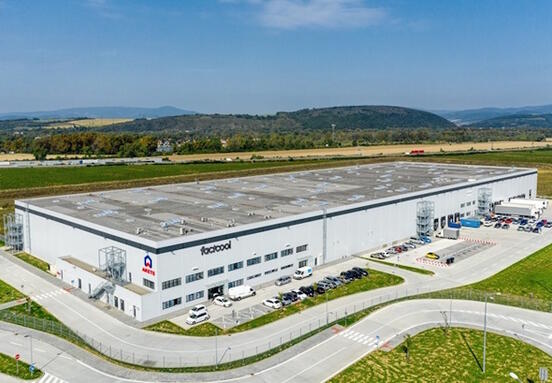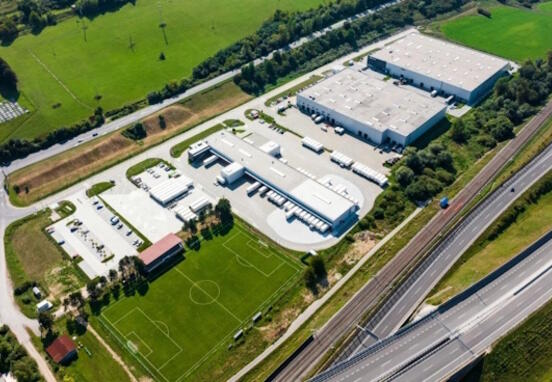Kaufland plans to install a large photovoltaic power plant on the roof of the distribution center in Modletice. Slovak transport and storage saw significant growth in the first quarter of this year. Logistics companies approach the reduction of the ecological burden in various ways, including switching to alternative fuels. But the most important thing is effective planning and minimizing unnecessary trips.
An example of efficiency in logistics is the use of the Cityliner "folding" truck, which can efficiently maneuver in the city and on county roads thanks to the rear pivoting axle. A fully loaded Cityliner can hold up to 27 pallets compared to a classic 18-pallet vehicle, and thanks to its maneuverability, it can reach places where vans would normally have to drive. This reduces the amount of emitted emissions.
“It's a model example of how to actually address the carbon footprint. The truck becomes one of the most ecological solutions because it moves a larger amount of cargo with the same emissions. We thus reduce the ecological burden by means of efficient transport," says Jakub Trnka, CEO of Raben Logistics Slovakia. The logistics company operating in 15 European countries is dedicated to sustainability and considers it one of its priorities. "We plan to halve our carbon footprint by 2030. We would like to be completely zero in 2050," says Tímea Pospišová, marketing manager at Raben Logistics Slovakia.
Electromobility and other alternatives
In the context of freight transport, electromobility has many barriers. One of them is the infrastructure, which needs to be completed quickly. The range of some electric trucks can also be problematic.
"For freight transport, electrified vehicles are very suitable locally, for example within a single city delivery. Long-distance freight transport, however, will require higher distances and infrastructure in the future," explains Jakub Trnka.
However, electric trucks are already contributing to the reduction of environmental impacts. Raben in Poland, for example, established cooperation with the IKEA company, within the framework of which it operates a fleet of electrified trucks. The first Volvo FM was recently joined by two more trucks. Raben semi-trailer trucks with a capacity of 24 tons deliver up to thirty-six shipments per day. IKEA and Volvo will subsequently evaluate the performance of the vehicles.
Slovakia and the carbon footprint
Eurostat data showed that greenhouse gas emissions rose by 1.9% in Slovakia at the beginning of this year. Although this is an unfavorable trend, it must be added that between 1990 and 2020, Slovakia reduced the total volume of emissions by almost half. "Raben wants to be at the forefront of efforts to decarbonize Slovakia. As a leading logistics supplier, we see it as our duty," says Tímea Pospišová.
